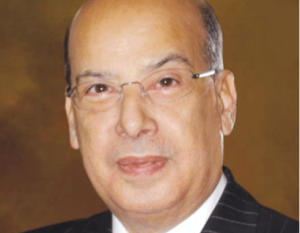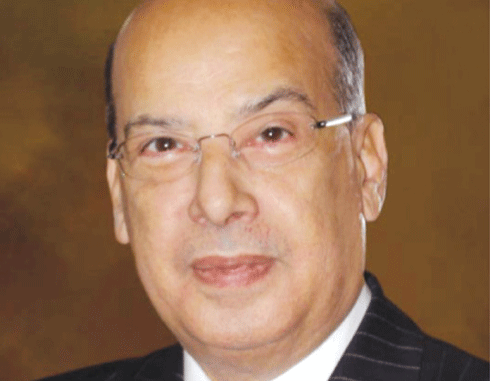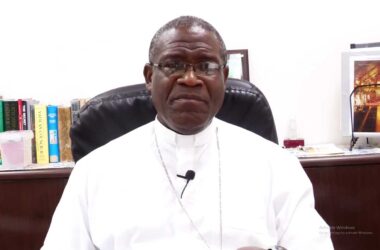PRESS RELEASE – (WASHINGTON, DC): Antigua and Barbuda’s Ambassador to the OAS, Sir Ronald Sanders, on Thursday sounded a warning against meetings headed by powerful nations that then seek to impose their decisions on the membership as a whole.

Speaking at a meeting of the Permanent Council of the Organisation on a proposal to convene a special Ministerial meeting to consider the situation in Venezuela, including a proposal to change the rules governing such meetings, the seasoned diplomat declared: “My delegation sounds a warning about a troubling development in this Organization. It is one of the politics of exclusion – the creation of a process in which some countries exclude other member states from consultations, resulting in the formation of positions that are then introduced in this Council as a fait accompli”. He said, “the process becomes one of achieving objectives, even at the cost of creating divisions in our membership and weakening the authority of the Organization”.
Sanders, who has served as President of the Permanent Council, cautioned against this ‘emerging practice’, stating that “each member state is entitled to a voice and to be consulted; not to have the self-interest of a few imposed upon them.”
The statement of the Antigua and Barbuda representative was supported by several delegations from both the Caribbean and Latin America. The convenors of the small group meetings, including Mexico and Canada, in declaring they were acting in “good faith”, agreed that future consultations should be inclusive and formal.
The Antigua and Barbuda diplomat also argued against the “unexplained haste” with which some powerful countries are trying to convene a Ministerial meeting on Venezuela which has withdrawn from the Organisation. The meeting was being proposed for May 22. Sanders said that many delegations “remain unaware of the intended outcome of the meeting and its purpose”. “Yet”, he said, “we are asked to blindly support its convocation and a date on which to hold it.”
Sanders urged that the date for the meeting be deferred “to facilitate a thorough review of its outcome statement by all delegations in an inclusive and transparent process”. Otherwise, he warned, “we will do nothing, but prepare the ground for disagreement and discord that is unhelpful to the credibility and authority of the OAS.”
Despite the unhappiness of some Latin American states, the Permanent Council agreed to defer taking a decision on the date for the Ministerial meeting until Monday, and to establish a formal process by which all member states could work on a draft statement for consideration by Ministers when the meeting is held.



![Simón Bolívar - Liberator of the Americas [Photo credit: Venezuelan Embassy]](https://thevoiceslu.com/wp-content/uploads/2025/12/Simon-Bolivar-feat-2-380x250.jpg)






